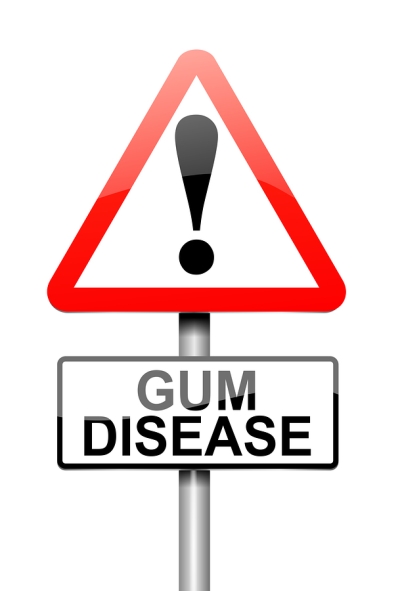A Look at the Stages of Gum Disease
Research has found that almost three out of every four Americans have severe gum disease (or periodontal disease). Plaque and bacteria buildup on teeth can eventually lead to periodontal disease. Use this guide to learn about the different stages of gum disease so you can work with your dentist to prevent them:
Gingivitis
Gingivitis is the least severe form of gum disease. Inflammation in gingivitis often causes red, swollen, or bleeding gums. If you notice any bleeding or swelling at the gum line when you brush your teeth, you should schedule an appointment with your Denver area dentist so you can reverse the gum disease before it gets any worse.
Periodontitis
Without the proper treatment, gingivitis will turn into periodontitis. In addition to damaging your gums, this stage of periodontal disease also starts to damage the bone and the fibers that keep your teeth in your mouth. You might also develop pockets in the gums that can trap food and plaque and lead to further infection and inflammation. If you get laser periodontal treatment and improve your oral hygiene efforts, you can stop the gum disease in its tracks.
Advanced Periodontitis
If periodontal treatment isn’t performed once gum disease develops, however, you are at risk for advanced periodontitis. At this stage, the infection completely destroys the bone and the fibers that hold the teeth in place. Without this support, your teeth might move out of place or even become loose and fall out or need to be removed.
If you notice that your gums are swollen, tender, or bleeding, you should schedule an appointment with your dentist in Denver to get the treatment you need. If you can catch gum disease early and make a better effort with your oral hygiene at home, you can maintain clean and healthy gums that support beautiful teeth.

